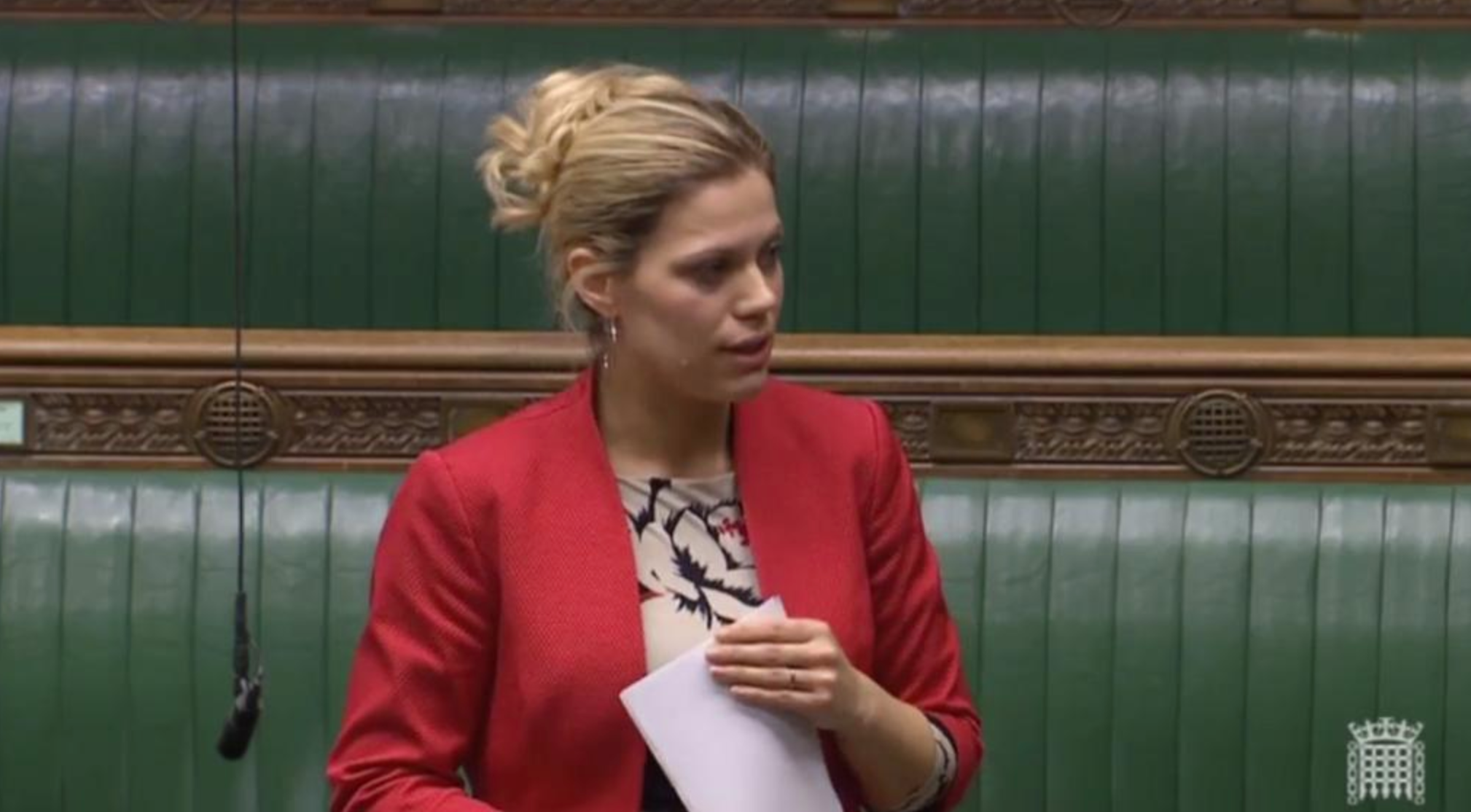‘Following the science’ is an attractive idea to politicians, as it appears to absolve them of responsibility — but we cannot ‘follow science’ any more than we can ‘follow history’. Science provides us with information and understanding but it can’t give us the wisdom we need to make moral decisions about what’s in the best interests of society as a whole.
As we contemplate sliding in to yet another extension of serious legal curtailments to our lives, our livelihoods and our freedom, it’s time to ask if we have travelled too far down this road.
Pursuing a ‘Common Good’ approach is something that we have struggled to do over the last year. Constant media coverage has led us to become myopic in our approach to managing the pandemic, dazzled by an abundance of Covid data and blind to the wider implications of the measures we are taking.
Our preoccupation with Covid has caused — or perhaps exposed — a significant shift in public attitudes towards life and death. We’ve come to see death as something that should be prevented even in old age, no matter the cost to our way of life, and held the Government responsible when it isn’t. We’ve placed insufficient emphasis on the long term impact of lockdowns on young peoples’ lives (from poverty, lost opportunity, loneliness, online harms) and focused far too narrowly on the short term impact of Covid on the longevity of older people.
This is a significant departure from the way that we have addressed other, far more serious threats in the past. We have compared the pandemic to fighting a war, but during Covid, we have sacrificed our collective freedom to save individual lives; in war, we sacrifice individual lives to save our collective freedom.
We do not live just to avoid death. The meaning of our lives does not come principally from their length, but from our relationships, our responsibilities, our successes and our failures. Death, especially in old age, is a normal part of life and, while of course every death is a sadness, it does not follow that we should sacrifice those things that make life worth living for the sake of a short increase in longevity.
I am deeply uncomfortable with this shift and it threatens our social contract, which should balance the needs of young and old, present and future, and in the past has placed a high value on freedom and personal responsibility. We need to restore a sense of perspective and see Covid for what it is; an infectious disease that is no longer a significant threat to the British public as a whole and is here to stay.
But what’s another four weeks after 16 months of restrictions? Surely it’s better to be safe than sorry?
For a weary population, desperate to see the back of all things Covid, it’s easy to see the appeal of these arguments. But if the serious restrictions that we face are now out of proportion to the threat, then we are setting a dangerous precedent. What other freedoms will we allow the Government to curtail in response to new risks? Should we be locked down in a bad flu season? Where there are other threats to our national health — obesity or diabetes for instance — will we allow ourselves and our behaviour to be tracked and traced?
And what can we hope to achieve by continuing with the restrictions? If case rates don’t fall, does that mean that the measures will be renewed again? The Government has said that it is not pursuing a ‘Zero Covid’ strategy, but that the goal is for the disease to become endemic and manageable, like seasonal flu, a constantly mutating disease that causes many thousands of deaths per year. With the Covid death rate now low, and vaccination uptake high, it could be argued that we have already achieved this goal.
I am deeply concerned about the implications of postponing ‘Liberation Day’; history teaches us never to be complacent about the erosion of individual freedoms by the State. But my hope is that the delay will spark a passionate national debate that removes the blinkers of Covid and awakens a desire to return to life in all its fullness.
Miriam Cates is MP for Penistone and Stockbridge










Join the discussion
Join like minded readers that support our journalism by becoming a paid subscriber
To join the discussion in the comments, become a paid subscriber.
Join like minded readers that support our journalism, read unlimited articles and enjoy other subscriber-only benefits.
Subscribe